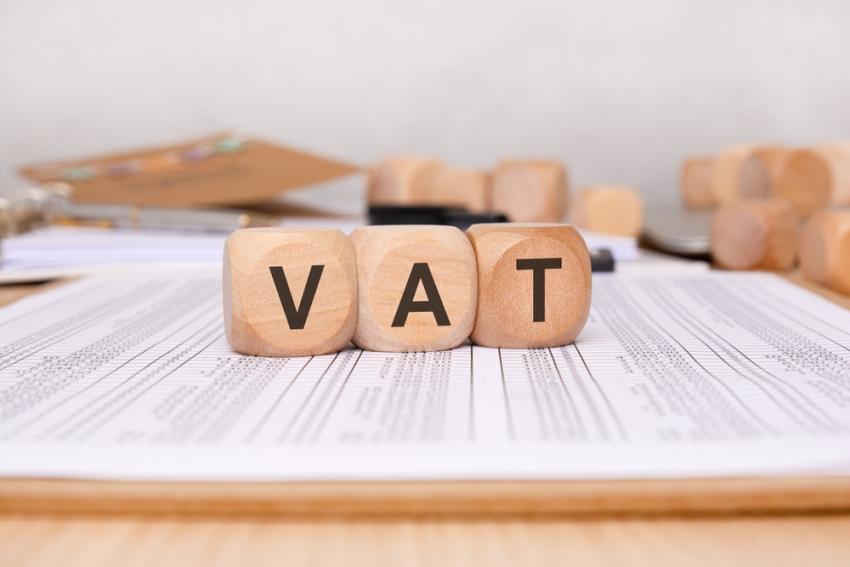
Running a limited company in London offers directors many opportunities — but also unique challenges when it comes to taxation. Directors are often both shareholders and employees, which makes tax planning more complex than for sole traders. Without proper planning, directors may end up paying more tax than necessary.
This is why working with professional Limited Company Accountants is essential. They not only ensure compliance with HMRC rules but also provide strategies to minimise tax liabilities legally and effectively.
In this article, we’ll explore the most effective tax-efficient strategies available to directors of limited companies in London.
1. Salary and Dividends Combination
One of the most common tax planning strategies is to pay a combination of salary and dividends.
Salary: Paying a small salary (up to the personal allowance or National Insurance threshold) ensures directors qualify for state pension contributions.
Dividends: Profits distributed as dividends are taxed at lower rates than salary, and no National Insurance contributions are due.
This blend reduces overall tax exposure while still providing income.
2. Making Use of the Dividend Allowance
Each year, directors can receive dividends tax-free up to a certain allowance. Beyond that, dividends are taxed at special rates lower than income tax. Strategic use of the dividend allowance is a key tool for keeping tax bills low.
Professional Accountants for Limited Company in London ensure dividends are declared correctly and comply with HMRC requirements.
3. Claiming Business Expenses
Directors can reduce taxable profits by claiming legitimate business expenses, such as:
Office costs (rent, utilities, supplies).
Travel expenses (excluding commuting).
Professional fees (accountants, solicitors).
Training and professional development.
HMRC rules are strict, so only genuine business-related expenses should be claimed. Accountants help identify what can and cannot be included.
4. Using the Annual Investment Allowance (AIA)
The Annual Investment Allowance allows companies to claim tax relief on qualifying purchases of equipment, machinery, and other assets. This means directors can invest in the business while reducing taxable profits.
For example, upgrading computers or machinery before year-end can lower Corporation Tax liabilities.
5. Pension Contributions
Company pension contributions are one of the most tax-efficient ways for directors to extract money from their business. Contributions made by the company are:
Treated as a business expense (reducing Corporation Tax).
Exempt from National Insurance.
Not subject to personal income tax until retirement.
This makes pensions a powerful long-term tax planning strategy.
6. Making Use of Allowances for Spouses and Family Members
Where appropriate, directors can employ spouses or family members in the business. This shifts income into lower tax bands, reducing overall household tax liability.
Alternatively, shares can be issued to family members, allowing them to benefit from dividend allowances.
7. Research & Development (R&D) Tax Credits
Many London companies overlook R&D tax relief, assuming it only applies to technology or science businesses. In reality, any company developing new products, processes, or services may qualify.
R&D tax credits provide significant reductions in Corporation Tax and, in some cases, even cash refunds.
8. Timing Income and Expenditure
Directors can manage tax bills by carefully timing income and expenses. For example:
Deferring invoicing until the next tax year.
Accelerating allowable expenses before year-end.
This ensures that income is spread efficiently and reduces Corporation Tax liabilities.
9. Capital Gains Tax (CGT) Planning
When selling business assets or shares, directors can benefit from Capital Gains Tax allowances and reliefs, such as:
The annual CGT exemption.
Business Asset Disposal Relief (formerly Entrepreneurs’ Relief), which reduces the rate on qualifying disposals.
Strategic planning ensures directors keep more of their sale proceeds.
10. Making Tax Digital Compliance
Since HMRC introduced Making Tax Digital, directors must ensure their companies maintain digital records and submit tax returns using approved software.
While compliance is mandatory, using digital tools also provides opportunities for better financial planning and tax optimisation through real-time data analysis.
Conclusion
For directors of limited companies in London, effective tax planning is not just about saving money — it’s about running a sustainable business. From optimising salary and dividends to making pension contributions and utilising R&D tax credits, there are many legal strategies to reduce tax exposure.
The key is working with expert Limited Company Accountants or trusted Accountants for Limited Company in London who understand the UK tax system in detail and can tailor solutions to each director’s unique circumstances.
With the right advice, directors can keep more of their hard-earned profits, reinvest in their businesses, and plan for long-term financial security.




